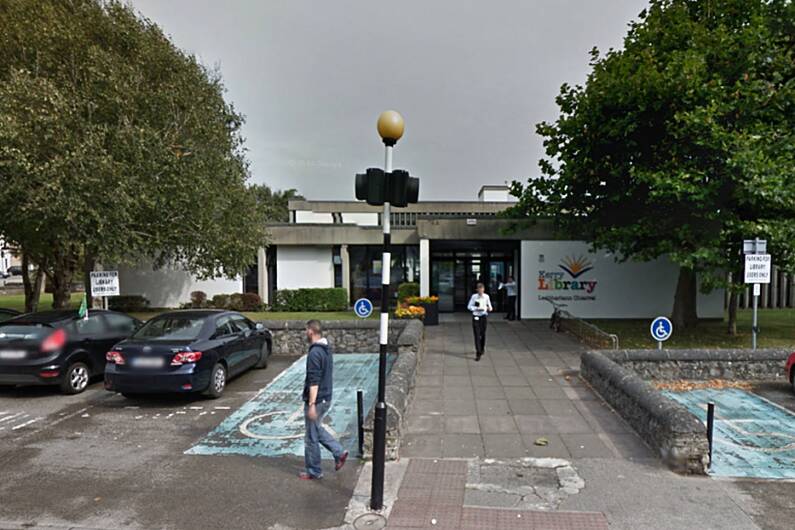A district court judge in Kerry has blasted what he called the unacceptable delays in forensic testing of drugs for criminal court cases.
Judge David Waters told Tralee District Court that delays of up to a year for drug analysis by Forensic Science Ireland, or FSI, were unacceptable.
He made the comments in the context of another delay in the case against a woman accused of the possession of crystal meth, who has been on remand in custody since November.
FSI is an associated office of the Department of Justice with almost 100 staff, which supports the Irish criminal justice system with expertise and drug analysis.
43-year-old Anna Entrambasaguas of Knocknasartnett, Killarney, faces seven charges including possession of crystal meth and possession for sale or supply.
The garda file against Ms Entrambasaguas is ready, but a certificate for analysis of the suspected drugs by Forensic Science Ireland is awaited before a potential prosecution can proceed.
Judge David Waters said he has continuously raised the issue of delays in obtaining certs from FSI, and he had recently thrown out a case where a cert was awaited for 14 months.
In response to queries from Radio Kerry, the Department of Justice says FSI delivers comprehensive scientific analysis, independent expert opinion, advice, and training, to support the criminal justice system.
It says the investment in and relocation to a new facility in Kildare reflects the important role the FSI plays, and will enable the lab to take full advantage of evolving DNA and other technologies, in criminal investigations and missing persons investigations.
The analysis of suspected drugs constitutes the highest number of submissions to FSI, and the department said FSI is continuously striving to manage the gap between its available capacity and drug submissions into the lab.
It says the process of examining a drug requires detailed sampling and analysis to fully characterise the material and support potential criminal prosecution.
The Department added drug cases with verified court dates are given the highest testing priority in the laboratory, so what it called the most important cases are analysed ahead of less urgent cases, as part of a targeted action plan with which 17 district courts are involved.
Another measure is regular direct communication with nominated garda court presenters ensuring FSI is aware of upcoming court hearing dates.
Ms Entrambasaguas was refused bail in the district court and High Court, and so has been in custody since early November.
She remains on remand in prison until at least 5th February, when her case is next listed for directions from the Director of Public Prosecutions, but her solicitor Brendan Ahern has indicated he may re-apply for bail in the High Court.





